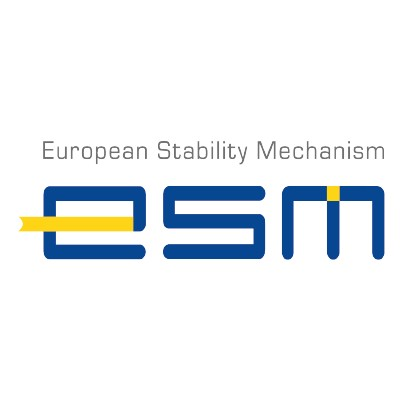Apple Faces EU Antitrust Charges for Breaching Tech Rules
June 26, 2024, 3:57 am

Location: Belgium, Brussels-Capital, Brussels
Employees: 1001-5000
Founded date: 1958
In a significant development, European Union antitrust regulators have leveled charges against Apple for allegedly breaching the bloc's tech rules. This accusation could potentially result in a substantial fine for the tech giant, adding to its legal woes. The charges specifically relate to new fees imposed on app developers, which have triggered another investigation into Apple's business practices.
The European Commission, acting as both the EU's antitrust and technology regulator, has taken a firm stance against Apple following an investigation that commenced in March. The Commission has sent its preliminary findings to Apple, signaling the seriousness of the allegations and the potential consequences that the company may face.
The crux of the issue lies in Apple's App Store rules, which the European Commission believes do not align with the Digital Markets Act (DMA). This legislation, introduced in 2023, aims to prevent monopolistic behavior by tech giants and requires 'gatekeepers' like Apple to allow app developers the freedom to communicate directly with their users. Additionally, the DMA mandates that these gatekeepers must provide alternative purchasing options outside their platform.
However, the European Commission's initial findings suggest that Apple's App Store rules fall short of meeting these requirements, thereby violating the DMA. The Commission has highlighted that Apple's restrictions prevent developers from guiding customers towards alternative app stores or purchasing options, thereby limiting consumer choice and potentially stifling competition.
As a result of these alleged violations, Apple now faces the threat of a significant financial penalty, potentially amounting to 10% of its global revenue. Moreover, should Apple continue to breach the DMA, the penalties could escalate further, reaching up to 20% of its revenue for repeat offenses.
EU Commissioner Thierry Breton has been vocal in condemning Apple's practices, emphasizing the importance of ensuring fair competition in the digital market. Breton has underscored the need for Apple to comply with the DMA and allow app developers the freedom to communicate with their users without hindrance.
In light of these developments, Apple finds itself at a critical juncture, navigating a complex legal landscape that could have far-reaching implications for its business operations in the EU. The outcome of this case will not only impact Apple's financial standing but also set a precedent for how tech giants are regulated in the digital age.
The European Commission, acting as both the EU's antitrust and technology regulator, has taken a firm stance against Apple following an investigation that commenced in March. The Commission has sent its preliminary findings to Apple, signaling the seriousness of the allegations and the potential consequences that the company may face.
The crux of the issue lies in Apple's App Store rules, which the European Commission believes do not align with the Digital Markets Act (DMA). This legislation, introduced in 2023, aims to prevent monopolistic behavior by tech giants and requires 'gatekeepers' like Apple to allow app developers the freedom to communicate directly with their users. Additionally, the DMA mandates that these gatekeepers must provide alternative purchasing options outside their platform.
However, the European Commission's initial findings suggest that Apple's App Store rules fall short of meeting these requirements, thereby violating the DMA. The Commission has highlighted that Apple's restrictions prevent developers from guiding customers towards alternative app stores or purchasing options, thereby limiting consumer choice and potentially stifling competition.
As a result of these alleged violations, Apple now faces the threat of a significant financial penalty, potentially amounting to 10% of its global revenue. Moreover, should Apple continue to breach the DMA, the penalties could escalate further, reaching up to 20% of its revenue for repeat offenses.
EU Commissioner Thierry Breton has been vocal in condemning Apple's practices, emphasizing the importance of ensuring fair competition in the digital market. Breton has underscored the need for Apple to comply with the DMA and allow app developers the freedom to communicate with their users without hindrance.
In light of these developments, Apple finds itself at a critical juncture, navigating a complex legal landscape that could have far-reaching implications for its business operations in the EU. The outcome of this case will not only impact Apple's financial standing but also set a precedent for how tech giants are regulated in the digital age.
